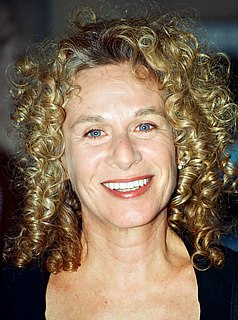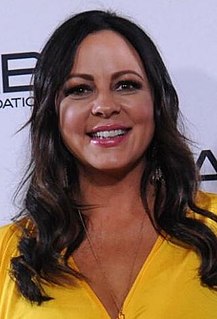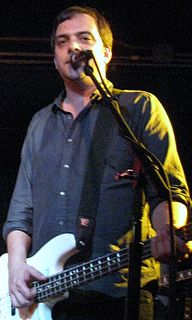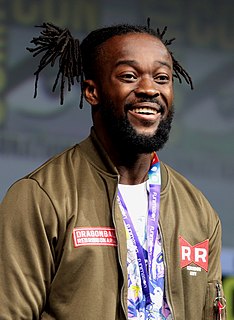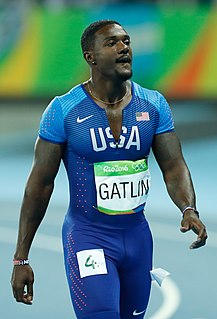A Quote by Stephen Malkmus
Something taken off the page can sound great, I guess. Usually it doesn't. It seems like lately Pitchfork is trying to champion lyric writers more.
Related Quotes
Yes, the fear of its blankness. At the same time, I kind of loved it. Mallarmé was trying to make the page a blank page. But if you're going to make the page a blank page, it's not just the absence of something, it has to become something else. It has to be material, it has to be this thing. I wanted to turn a page into a thing.
It seems like journalism over here in UK, in general, is at a higher level: not overrun by all these teeny little blogs. There's more of a historical context for it or something. It seems like people review something or take a listen to something and they really do their homework. That's just what it seems like.
I guess when I was younger, I'd have assumed that in 2008 music would be full of great writers following in the tradition of the young great writers of the '60s and '70s, but it hasn't turned out that way, or at least there are no other writers around that I look at and think: 'Wow, I'm outclassed, I need to get out of this business.'
I typically will work on a lyric in a three-ring binder. On the right side, I'll write the lyric, and on the left side, I put in alternate things...and things that might be alternates or improvements. I'll turn the page and do it again. I'll turn the page and do it again, or incorporate the improvements. Eventually, I end up with some material, and often it needs to be ordered.


